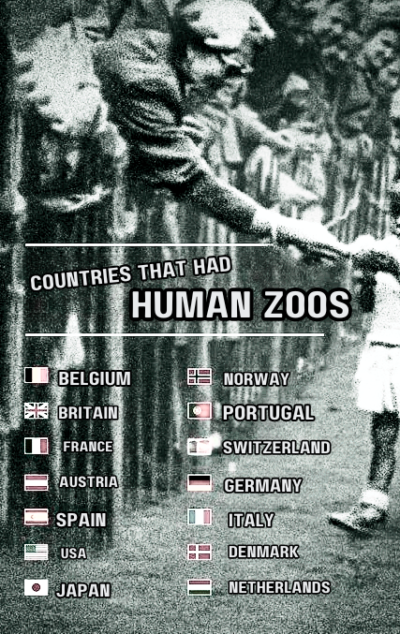This is a crucial question—because recognizing when you are being dehumanized is often the first step in reclaiming dignity, power, and bounda
This is a crucial question—because recognizing when you are being dehumanized is often the first step in reclaiming dignity, power, and boundaries. When people are used for their work, labor, genius, presence, or resilience—but not seen as human—there are patterns. These patterns span history, relationships, workplaces, movements, and even families.
Here are some key signs—from a psychological, sociological, and race relations perspective—of being dehumanized:
🔥 1. You’re Valued for Output, Not Experience
You’re praised when you’re producing, fixing, serving, entertaining, or advocating.
Example: “You’re so strong” is weaponized to deny you softness, rest, or care.
💡 Dehumanization reduces people to machines, tools, or symbols.
👤 2. Your Individuality Is Ignored or Flattened
People project stereotypes onto you instead of seeing your full complexity.
They treat you like a category: “the angry Black woman,” “the trauma whisperer,” “the model minority,” etc.
They extract meaning from your presence without listening to your story.
💡 This strips you of your uniqueness and agency, turning you into a placeholder or mascot.
🚨 3. You Are Expected to Absorb Harm Without Reaction
When you speak up about racism, sexism, abuse, or injustice—you’re accused of being too sensitive or divisive.
You’re expected to keep peace at the expense of your own peace.
💡 Dehumanization shows up in the assumption that your body, your time, and your spirit exist to serve others—without reciprocity.
🗣️ 4. Your Voice Is Used Strategically—But Never Heard
You’re only invited into conversations to “add flavor,” “validate diversity,” or check a box.

Your ideas are used, but you’re excluded from decisions.
People steal your language or insights and leave you out of the room.
💡 You are made visible for optics but invisible in influence.
🧠 5. You’re Asked to Educate While Still Bleeding
You’re expected to lead the healing or explain injustice even while you’re hurting.
Your grief becomes someone else’s “learning opportunity.”
💡 This turns your suffering into curriculum—without giving you the time or care to actually heal.
🪞 6. Your Humanity Feels Conditional
You’re embraced when you’re “positive,” “forgiving,” “graceful,” or silent.
But when you’re angry, grieving, or complex, you’re shunned or labeled “difficult.”
💡 Dehumanization demands that you perform acceptability, or be cast aside.
🧾 7. You’re Expected to Carry Systems on Your Back
Whether it’s a family, institution, movement, or company—you’re expected to fix, carry, lead, hold, and hold together… with no support.
And if it all falls apart? You’re the scapegoat.
💡 Dehumanized people are positioned as “saviors”—until they burn out.
🧩 8. You’re Spoken About as a Symbol, Not a Person
People speak about you, around you, or for you—but not to you.
They use your story to push their own agenda, not to respect your truth.
💡 You become a tool for someone else’s message rather than the author of your own.
💔 9. Your Needs Are Framed as Inconvenient
You’re told “now’s not the time,” “you’re making things harder,” or “we’ll get to that later.”
Your trauma, safety, and joy are always placed after the goals or comfort of others.
💡 This tells you: your humanity is not urgent or real.

🔍 10. You Begin to Feel Like a Shadow of Yourself
You feel invisible even when you’re in the room.
You find yourself performing care, labor, or excellence on autopilot.
You’re exhausted, numb, or unsure if your pain even matters anymore.
💡 That disconnection is often a trauma response to repeated dehumanization.
🧠 Healing Insight:
Dehumanization is not always loud. It’s often quiet. Polished. Rationalized. “Professional.” But the felt sense is unmistakable: your body knows when your worth is being reduced to your utility.
🌿 What to Do:
Name it. Dehumanization thrives in silence.
Restore boundaries. Ask: “What would I do if I fully believed in my humanity today?”
Seek mirroring spaces. Communities, therapists, circles, and friends who see you can remind you that your full self is sacred. Spaces where you are not called to educate or perform are critical.
Remember: The work is sacred. But so are you.

